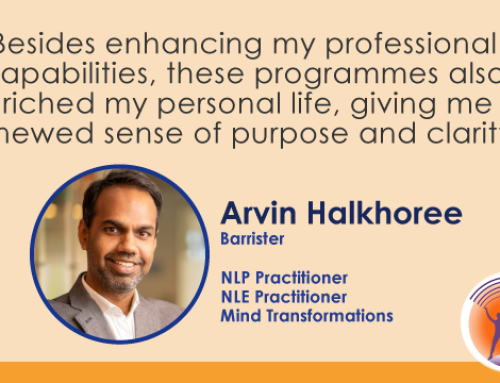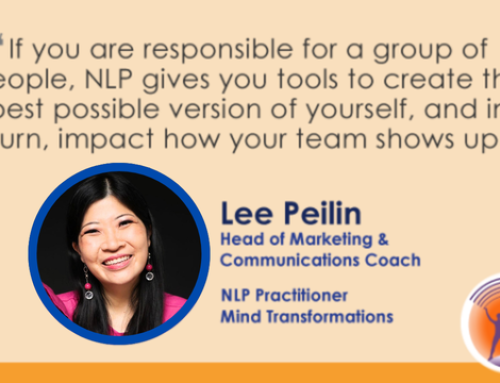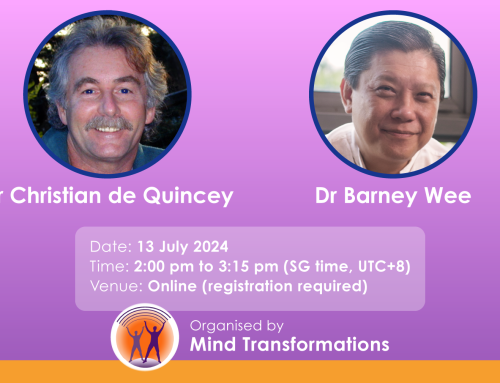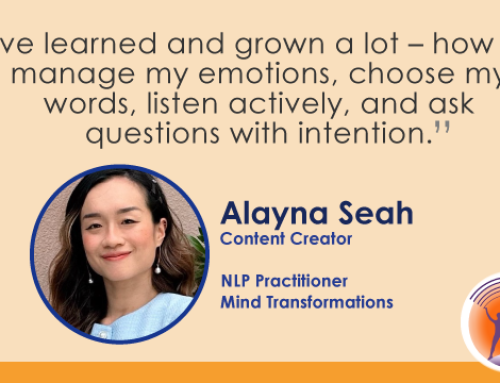You don’t need charisma to influence and lead people
A common trait that top performers and outstanding leaders seem to have is they are charming and have energy. In short, they have charisma.
Charisma is like talent. It puts people in a disempowering position because it presupposes either you have it or you don’t.
Nevertheless, in today’s volatile, uncertain, complex and ambiguous (VUCA) world, we often hear people asking how they can become charismatic. The media is promoting such trends as well. Practically, people want to speed up their progress and get what they want fast.
While being charismatic may give you some unfair advantage, it has its dark side that has a bigger side effect. Dr Robert Hogan, a psychologist at the Tulsa Institute of Behavioral Sciences, who has studied thousands of managers, discovered a pattern. “Some top executives, who look good to their peers and their bosses and who do well on most assessments, turn out to be terrible for their companies,” he said.
''These are flawed managers, whose glittering image masks a dark destructive side,'' he said. ''They end up being costly by creating poor morale, excessive turnover, and reducing productivity. Sometimes they can ruin a company altogether.''
In a different study of 100-year-old European corporations, it is found that leaders of the higher-performing companies were often not charismatic — and were, in fact, less likely to be charismatic than the leaders of the lower-performing companies.
To successfully influence and lead people in this VUCA world, here are some essential NLP coaching strategies you can adopt, without needing to rely on charisma.
1 - Be intentional

Today, many people are scurrying around in a hectic, busy and distracted lifestyle. When you live with intention, you promote a presence of conscious attention, where people around you begin to notice you in good ways.
Most people communicate, engage and interact with others without being clear of their intentions. In a meeting, for example, it creates an impression where it leads nowhere or all over the place.
When you are clear in your intention and why, it guides your focus, values and actions. What it does is it foster a productive, purposeful and rich engagement with people. It conveys a message you value other people’s time, attendance and energy.
We received hundreds of sharings from our practitioners over the years, how living intentionally has helped them increase their influence at work and in all other aspects of their lives.
If you like to kick-start a life of being intentional, here’s where you can begin the practice.
2 - From individual to collaborative

Your influence becomes stronger, more effective and expands when you shift your focus from individual interest-based branding to co-creating a collaborative engagement.
Looking at the trends in the social media world, particularly in influencer marketing, the game has changed. Celebrity influencers are no longer as popular as they used to be. Nearly 80 percent of the brands surveyed by Linqia, an influencer marketing platform, said they want to work with micro-influencers in 2020, who have the substance and authority in their field of expertise, instead of using famous influencers or celebrities.
The sentiments where people are getting sick of plastic and unauthentic social media posts are rising.
What is emerging right now, accelerated by the pandemic situation, is the explosion of collaborative systems and platforms. These tools enable teams and organisations to cross collaborate with people from different parts of the world.
Today’s modern workplace and business is increasingly becoming flexible, dynamic and fluid in nature, where decentralizations of hierarchies are on a rise. Your ability to host and lead people of multiple levels, culture, experiences and personalities is going to be your influence scorecard and also your performance indicators.
Therefore, to raise your capacity to influence, the paradigm shift here is to identify a greater vision and mission. It is about facilitating something bigger than yourself, that others want to belong or contribute. It is about co-creating with others, including your competitors to bring forth an ecosystem that has the capacity to serve a bigger audience faced with complex issues. The VUCA conditions are the common enemy here, not your competitors.
One useful and powerful method we use and teach others is the process of “shining light on others.”
Essentially, it is to reflect the usefulness, the value and worthwhileness of what other people - team, clients or stakeholders bring to the table. The highlight here is to be integrative than to remain in silo. You are not trying to compete yourself against others to gain favourable attention for your benefits. This strategy works well because it is about benefiting the bigger audience.
Psychologically, people gravitate towards people who hold a unifying space. These people come with a bigger and deeper capacity to include different perspectives and work well with diversity, rather than staying put in a polarising space.
From the NLP perspective, what you can do is to adopt a multi-dimensional position of WE - by seeing yourself as contributing to a greater ecosystem or network where everything is interconnected.
3 - Develop your authentic presence

Developing your authentic presence is by adopting choices that promote well-being, virtues and human qualities in oneself. Because of a cumulative practice, your influence is reflected in your being, your presence. For example, if a person is modest, decent and generous, then he will manifest some sense of good and wholesome being to those around him, drawing the right people in his circle of influence. It is more than just the glamour and seductive charm of charisma.
When you meet people with a high-level of authentic presence, you experience a sense of irresistible influence radiating from this person. Outwardly, this person may look like an ordinary folk and may not even appear charismatic in the conventional sense. Yet, you can’t help but find yourself magnetized by his or her uplifting qualities and energy that commands your attention, usually in subtle ways.
The person with such presence has worked on his self-mastery deeply by raising his psychological maturity through multi-intelligence.
When our own self-development isn’t powerful enough, most of the time, we go back to our default habits of treating people the way we like to be treated.
To raise your self-mastery is to expand your range and capacity to work with differences that challenge or stretch your tendencies. Only then, you can adapt well to the diversity in people.
4 - Match or pace people by values
A lot of people try to impress and hopefully influence others by tactics, techniques and ‘shiny objects.’
What this does is it puts them in a position of being perceived as a commodity that can be easily compared, negotiated and out-competed by others. How often do you remember these people who eventually fade away by becoming a noise and distraction?
A large part of a successful influence comes by aligning our expectations.
We come across many people loving to change someone else. It can be their boss, their peers, or their loved ones.
Here’s the challenge and conflict.
We often look at changing someone according to what we want. It may not be of the highest good for the person; enabling them to fulfil a bigger outcome, including yours and the parties involved.
Pacing and matching people by their values generates progress that is a win for everyone.
In an interview we had with a HR professional, who is also a Certified Life Coach, she shared her success strategy on her use of NLP META Programs to uncover & match the core values of the companies she wants to work with. Result? She got so many attractive offers that she had to decide, including from her dream company. It works well because she is bringing to the hirer's attention on how she can be a cultural fit for the organisation. It enabled her to stand out unlike many others who focus on promoting their work experiences, skills and other credentials.
Watch the interview!
HOW TO STAY RELEVANT & RESOURCEFUL IN TIMES OF VUCA
Value is what people want but don’t have and the challenges people have but want to overcome.
For people who have difficulty following through on areas important to them, they are buying the value of accountability.
For someone who is lost and stuck in their career path, he or she is buying the value of clarity, fulfillment, growth and purpose.
For someone who is looking for leverage with the right people, he or she is buying the value of exclusive access to a high network.
For someone who has been suffering from pains in their health, he or she is buying the value of freedom from pain and towards their long-term well-being.
Here’s a list of examples of what people value.
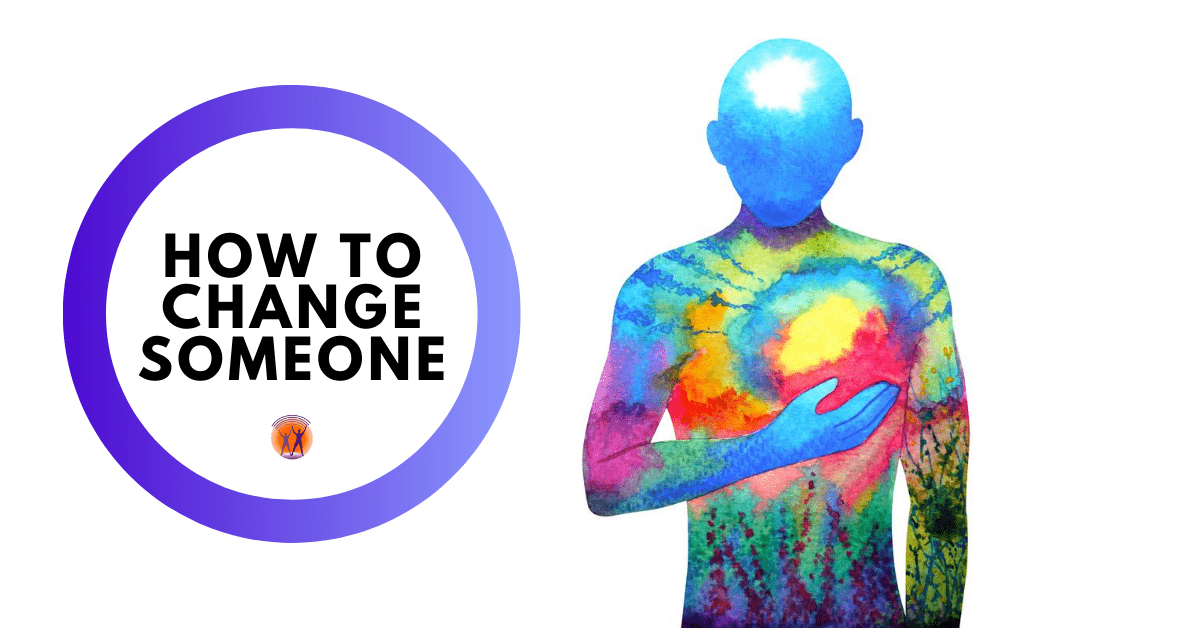
Once you identify people’s values, you can ‘change’ someone ecologically and effectively with less resistance by adopting the following strategies:
Identify a higher common purpose and intention that creates a compelling buy-in
This is with reference to point number 2 - From individual to collaborative.
Let’s say you want someone to become better in their work performance. First, understand what’s in it for them. When they can attain better performance, what positive impact and possibilities would it open up for them in terms of their career growth? How would their progress include others, including themselves, the team, yourself and the organisation?
Once you can identify the positive intentions of someone through observations and having deep meaningful conversations, you can then see this person through these underlying purposes and intentions.
As a result, we won’t end up trying to micromanage or to change their behaviour without honouring their deeper values. When you can treat someone with those values in mind such as dignity, respect, trust or love, and so forth, you’ll then be able to motivate, inspire and to lead people sustainably without burning out.
Present your message as an acknowledgement and affirmation instead of advice or telling them what to do
Sometimes, we need to give explicit instructions that people can follow to accomplish important tasks. Beyond those situations, people usually find themselves limited or micromanaged. That’s where resistance happens. They feel stuck. They feel that they aren’t growing or valued.
When you start to ‘frame’ your approach as an acknowledgment, you value and support the greater potential in them. You affirm their gifts and how they can make a difference.
Create a culture of empowerment and ownership
Carrying out the above process is not solely on what you say and do. More so, it comes with your posture, gestures, tonality, attitude and presence. All of it being aligned to creating a space of empowerment rather than controlling others according to your agenda or to give people quick solutions.
Introduce your intention. Invite the other person to co-create this journey together with you. How can you help them feel proud to be a part of it? By enabling them to design their progress, they can own and earn it. From time to time, elicit feedback from them on how they can make it better so they can positively impact themselves and others.
As they progress, start acknowledging their progress, no matter how small it is. Affirm them. When the time is ripe, encourage them to share their milestones and learning on a bigger stage.
We have used this strategy to generate change effectively in people across various contexts from professional outcomes, parenting to relationship.
5 - Manage and lead people’s core motivations and ego
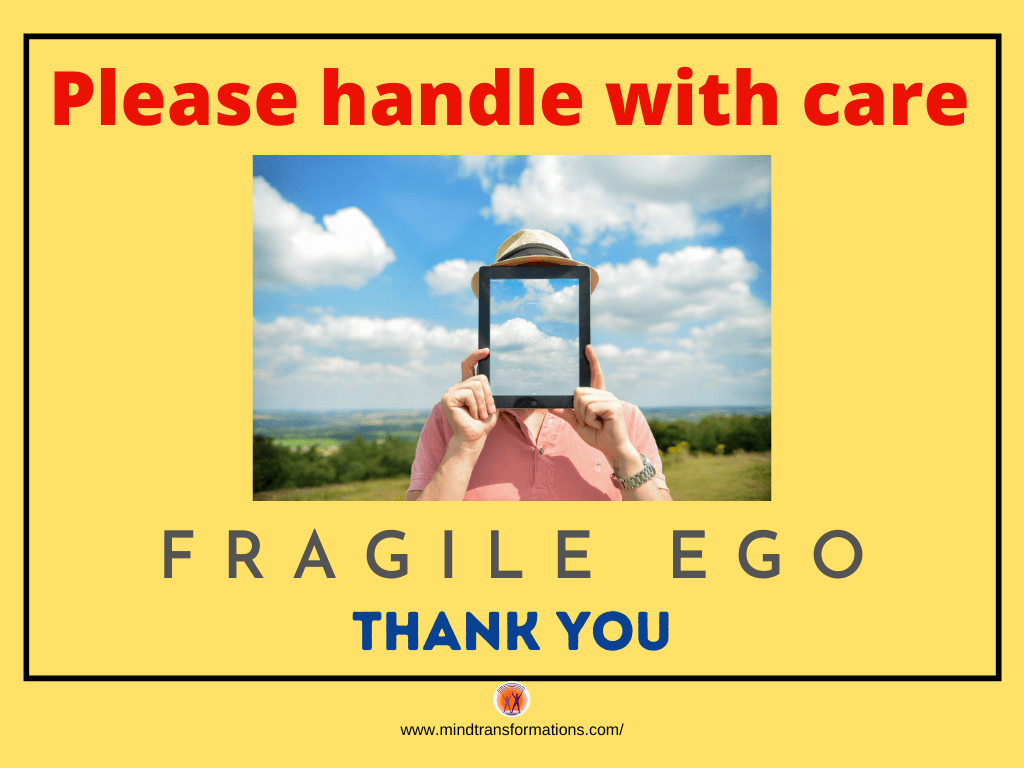
Managing relationships in our lives, be it in personal or professional context, is about managing the ego of ourselves and others.
‘In fact, the ego serves an important role,’ says Heidi A Wayment, Professor of Social Psychology at Northern Arizona University and foremost ego expert. She explains that it exists for our physical and mental protection.
When our ego is healthy, it helps us to function, thrive and succeed in this challenging & dynamic world we are living in.
In the workplace, conflicts happen among peers and team members as our ego misinterprets others.
At home, personal relationships turn cold or sour as we see one another from our ego’s skewed and limited lens.
To improve your ‘ego management’ abilities, aka as Public Relations (PR), to influence, to lead people better and to communicate with positive impact, it boils down to 2 skills.
Manage your META communication
Every communication conveys an implied message, or META communication.
For example, a mother who cares about her son, constantly telling him what to do to improve his life, can be perceived by the son as not trusting him, not giving him space and freedom or treating him like a kid who never grows up.
Before going about doing or saying something, examine how you are expressing it. What is the META communication and nuances that you convey to the other person?
How can you ‘hold space’ for others and yourself when communicating with people.
Lead people’s core motivations sensitively
We are fundamentally driven by these 3 core motivations - autonomy, security and affirmation of self worth.
They relate to our ego’s development and levels of health.
When one is driven by autonomy, they want to take charge of their boundaries and choices.
To lead them is by co-creating with them, allowing them to make their decisions and empowering them where appropriate and ethical. For some, let them take the lead where necessary.
When one is driven by security, help them develop certainty and predictability. Be consistent in your approach, whether in personal relationships or work.
When one is driven by a sense of self image, acknowledge their self-worth. Be sensitive and respectful towards their status, reputation and how they would be perceived or received by others.
If you like to master people’s core motivations, we’ll cover this extensively in the personality components of our programs.
In summary
Influence starts with your presence by developing your self-mastery. It is like your inner power that generates momentum, results and progress in whatever you do.
In essence, it is tapping into something bigger than yourself - the ecosystem and people you serve.


